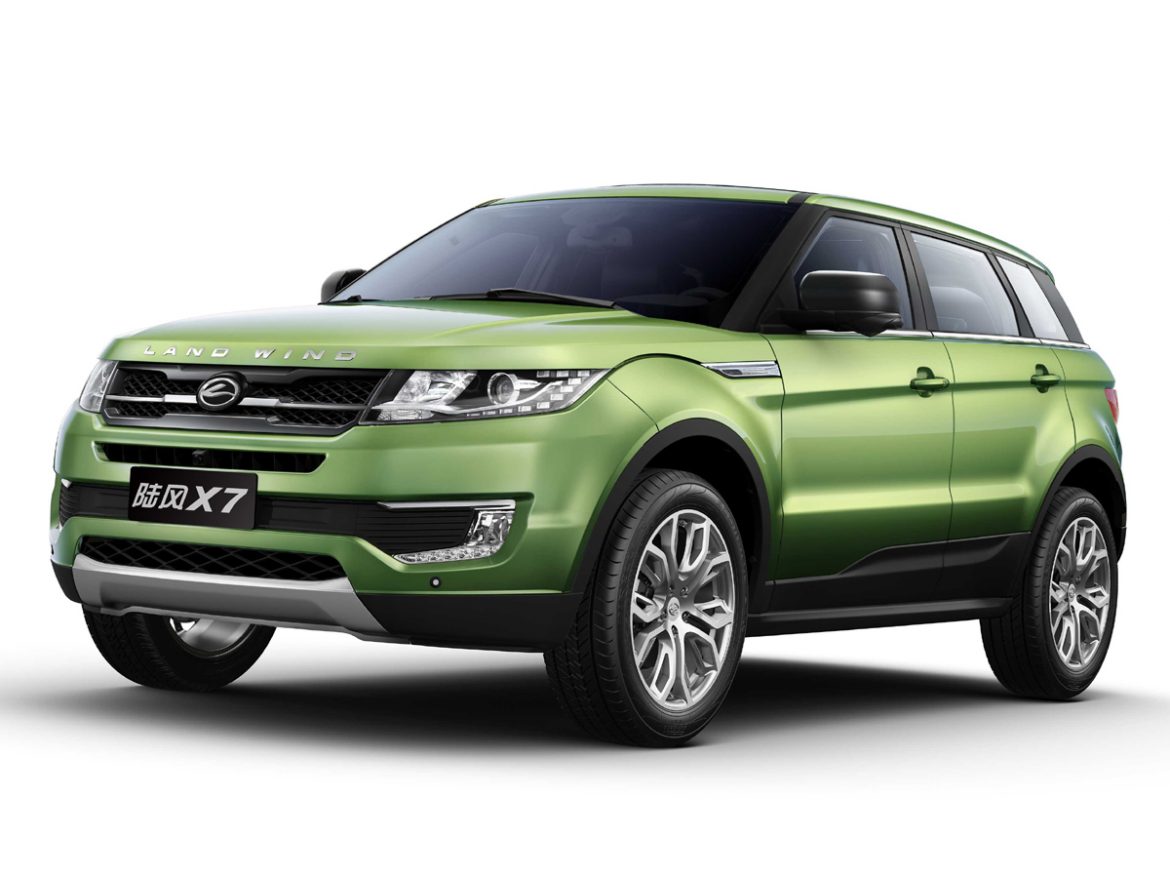‘Made in China’. I urge you to take a few seconds and think about the last time you did NOT see these words on the label of anything you purchased or saw in a store. It took a while, right? Or maybe you could not recollect even a single such instance. Well, it is for this exact reason that China is popularly referred to as the ‘World’s Factory’. Think of any commodity/product, and there’s a mighty chance that China could be its leading or one of the leading manufacturers.
However, have you ever wondered about the authenticity of the goods China produces? The ‘World’s Factory’ is, in fact, also synonymous with producing a bulk of the low-cost versions of high-end, or even the most modest of products from around the world. First copies, replicas, knock-offs, cost-effective versions – call them what you will, the world would surely feel a bit incomplete without them.
But here’s the problem — a big one. You see, while this culture of virtually non-existent copyright infringement laws is beneficial for the end users (read: us), it can be a big headache for the companies who make the original products. And one group constantly plagued by this ‘copycat’ culture is the automotive industry. Over the years, we have seen Chinese replicas of some of the most prominent, globally-known cars with varying degrees of ‘inspiration’ used to make them. While some replicas resemble the original vaguely, others can’t be called anything but blatant clones!
To explore this theme further, here’s a look at some of the most brazen, blatant examples of Chinese automotive replicas the world has seen.

Landwind X7 (Range Rover Evoque Imitation)
The X7 (not to be confused with the BMW X7) was a five-door compact crossover made by Chinese automaker Jiangling Motor Holding-owned brand Landwind from August 2015 to March 2019. And, as you can see from the image, it does not take much to figure out how things went pear-shaped. The X7 is (to use polite phrasing) modelled after the rather attractive-looking Range Rover Evoque.
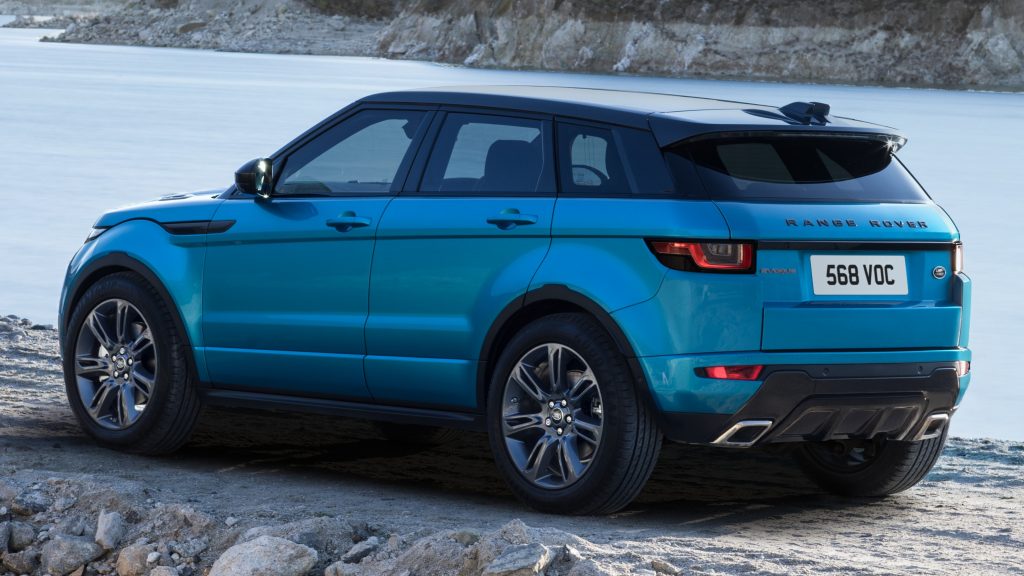
The prototypes of the Landwind X7 were spotted in May 2014, and the car was officially revealed at the Guangzhou Auto Show in the same year. In August 2015, the X7 went on sale in China. The X7 was unveiled right after Jaguar Land Rover (JLR) opened a new factory in Changshu, China, in October 2014. Subsequently, the China-spec Evoque was also unveiled at the 2014 Guangzhou Auto Show, and it went on sale there in March 2015, five months before the X7. However, the Evoque’s launch price was about $64,000 (as of AUG 2015), and the X7’s price started at $21,700 (as of AUG 2015), barely over one-third of the price of the Evoque. In 2017, Landwind downsized the X7’s engine, which dropped its price to just under $15,000 (as of NOV 2017).
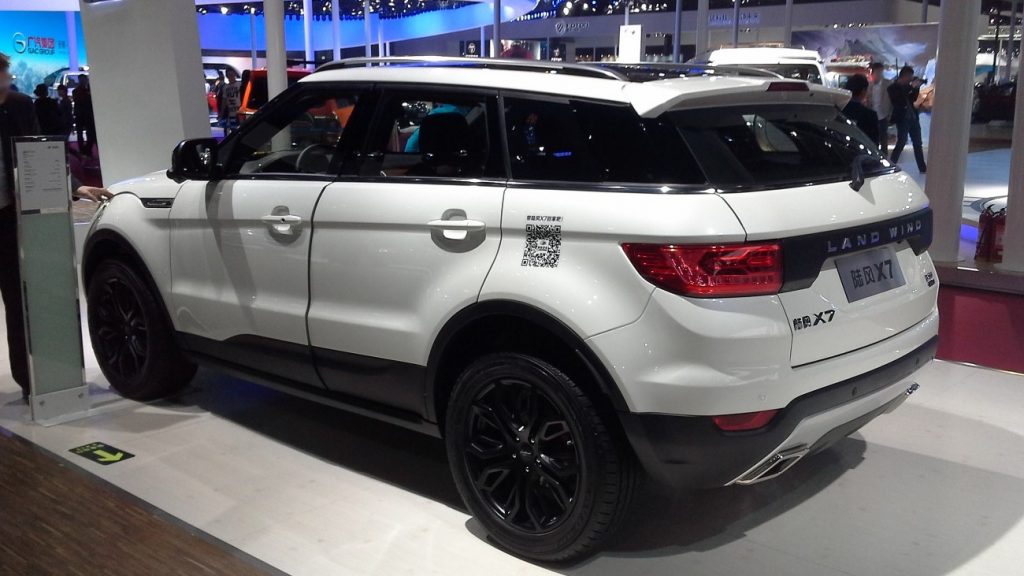
The Controversy – JLR’s legal action against Jiangling Motors
Following designer Ian Callum’s tweet during the 2014 Guangzhou Auto Show that pointed out the resemblance between the X7 and the Evoque, JLR filed a complaint with a Chinese court. However, it was dismissed by the authorities in early 2015. In 2016, both carmakers even had the design patents of their respective models annulled in China by the regulator at each other’s behest.
In June 2016, JLR took the legal route once again and filed a case against Jiangling Motors in a Beijing court for copyright infringement and unfair competition. The move was unconventional since most non-Chinese car manufacturers had little probability of winning such a case against a Chinese firm in China. However, in March 2019, after a protracted battle, the Beijing Chaoyang District Court ruled in favour of JLR, stating that Landwind was guilty of copying five unique design elements of the Evoque. This was enough evidence for the court to order a cease of production and sales of the X7 immediately, in addition to JLR receiving compensation from Jiangling.
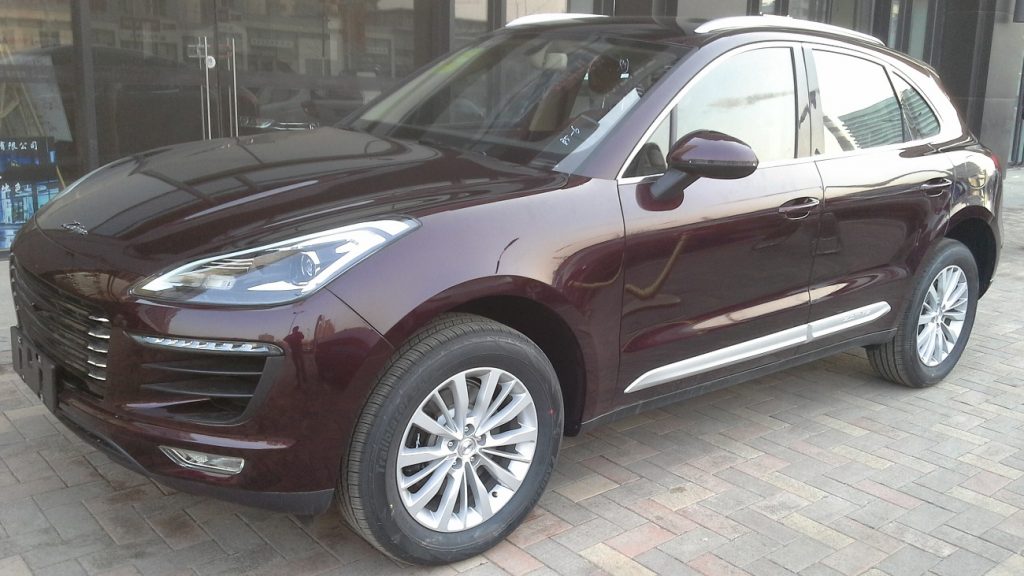
Zotye SR9 (Porsche Macan Imitation)
The SR9 is a five-door CUV produced and sold by Zotye Auto — a privately owned automaker based in Yongkang, China. The SR9 first emerged as the T700 Concept in 2015, followed by the production version’s debut in November 2016. The SR9 is an exceptional copy of the Porsche Macan, both inside & out, and Porsche wasn’t exactly delighted to see it. What made matters worse for Porsche was the SR9’s pricing. Priced from $16,115 to $23,900 at the time of launch, the SR9 cost only a fifth of a new Macan and a third of a pre-owned version in China.
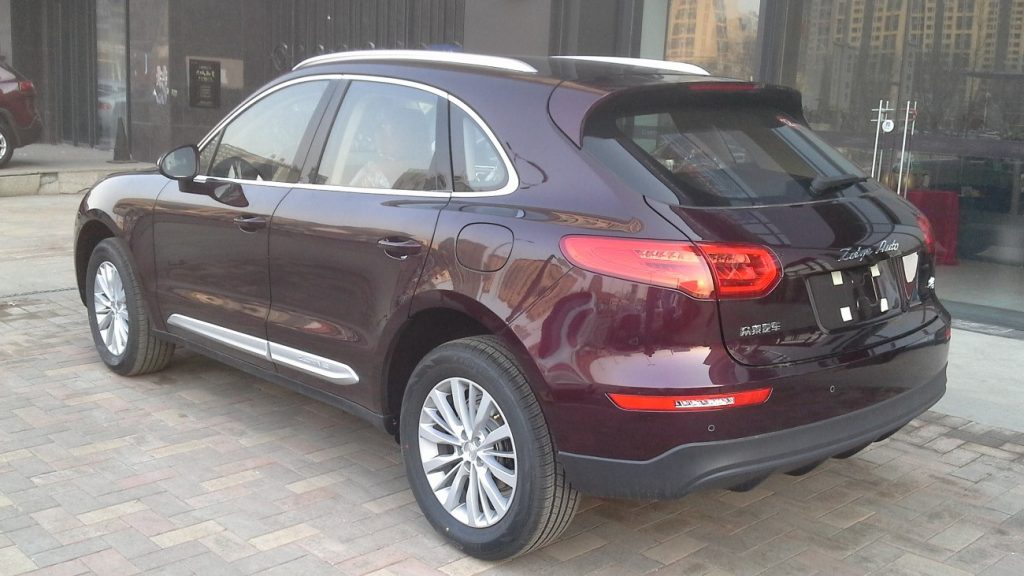
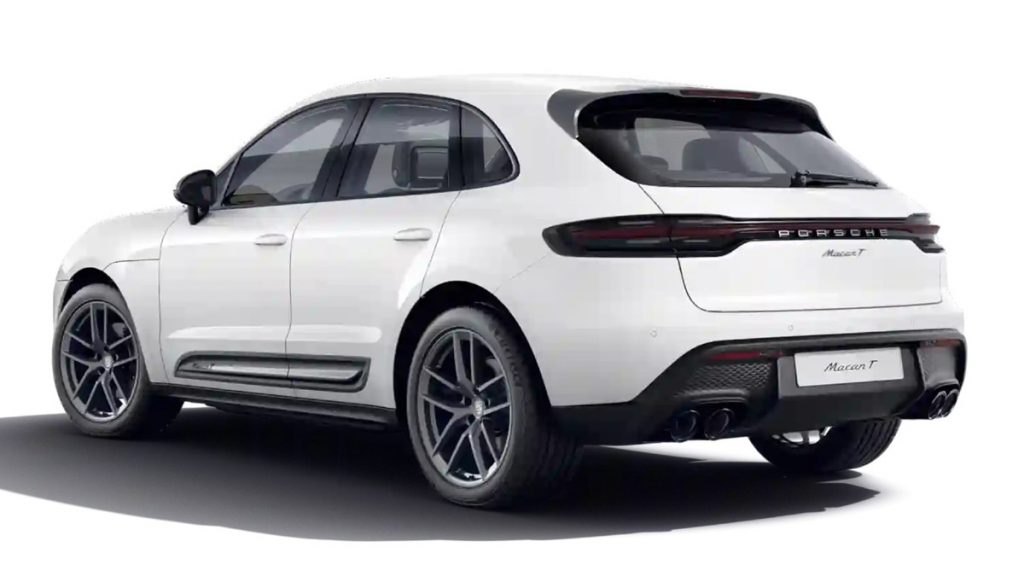
The Controversy
As soon as the first images of the T700 Concept emerged online, Porsche announced its intention to take legal action against Zotye. By that point, the automotive world had already seen JLR’s initial complaint against Jiangling get tossed aside by the Chinese authorities in the X7/Range Rover Evoque matter. Probably influenced by this incident, and the fact that copyright protection laws are more or less non-existent in China, Porsche never went ahead with legal proceedings. Ultimately, Zotye Auto’s main investor, Tech-New Group, went bankrupt, and the company became defunct in 2021.
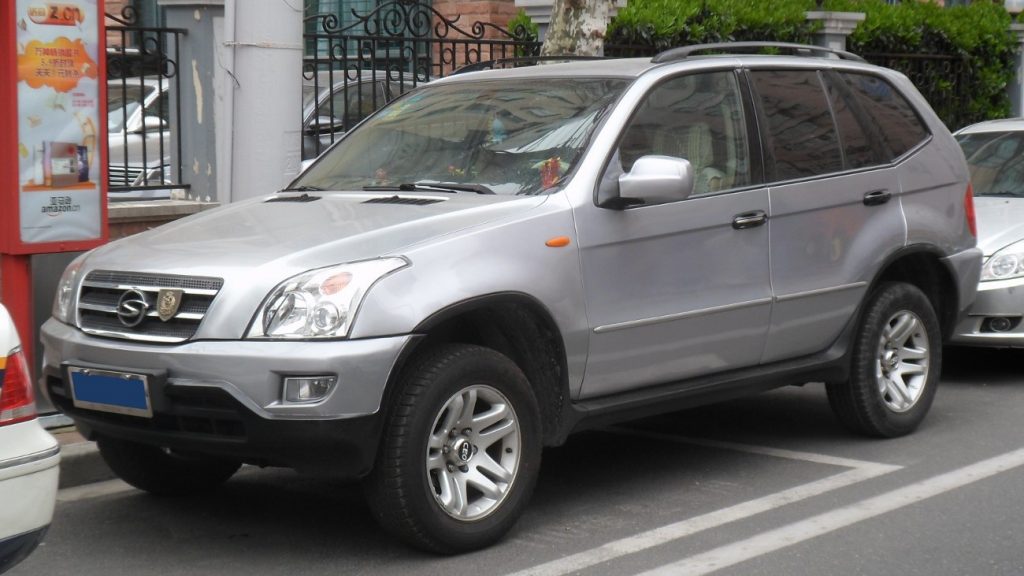
Shuanghuan CEO – (BMW X5, X3 & Land Cruiser Prado Imitation)
The CEO was launched in China in 2005 and, ever since, it has been at the centre of controversy. At first glance, it looks like an SUV that’s an odd combination of the Toyota Land Cruiser Prado (inside, front), the first-gen BMW E83 X3 (glasshouse), and the first-gen BMW E53 X5 (rear). Moreover, according to a report by its maker, the CEO was exported to more than 30 countries.
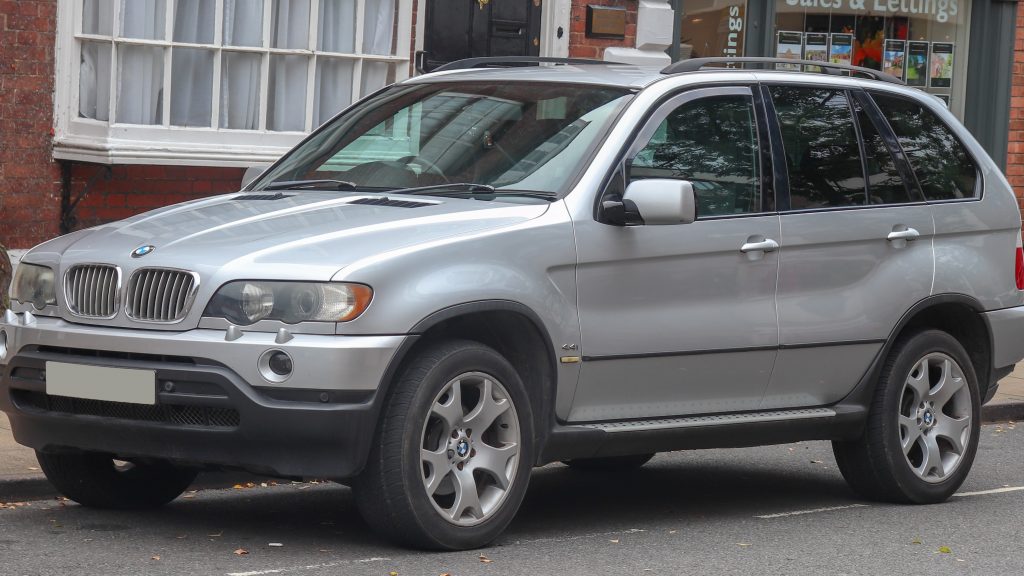
It was the creation of Shuanghuan Auto, a Chinese carmaker based in the Hebei Province of the country. The company was established in April 1988. However, in February 2016, China’s Ministry of Industry and Information Technology shut down Shuanghuan, along with 12 other manufacturers, for not meeting the mandatory production evaluations.
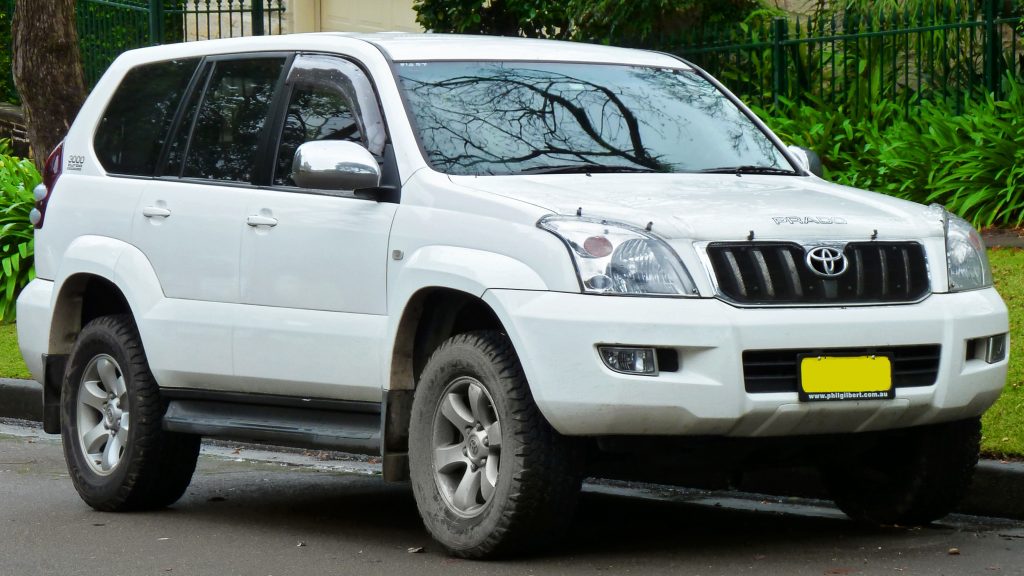
The Controversy – BMW’s Retaliation
Tension erupted when Shuanghuan’s European Importer, China Automobile, showcased the CEO at the 2007 Frankfurt Motor Show. This was the first time that BMW execs saw the car in person, and deeming it to be a copy of the X5, the brand immediately decided to take legal action against China Automobile to prohibit the CEO’s sale in Germany. BMW filed a case for this on its home turf in Munich.
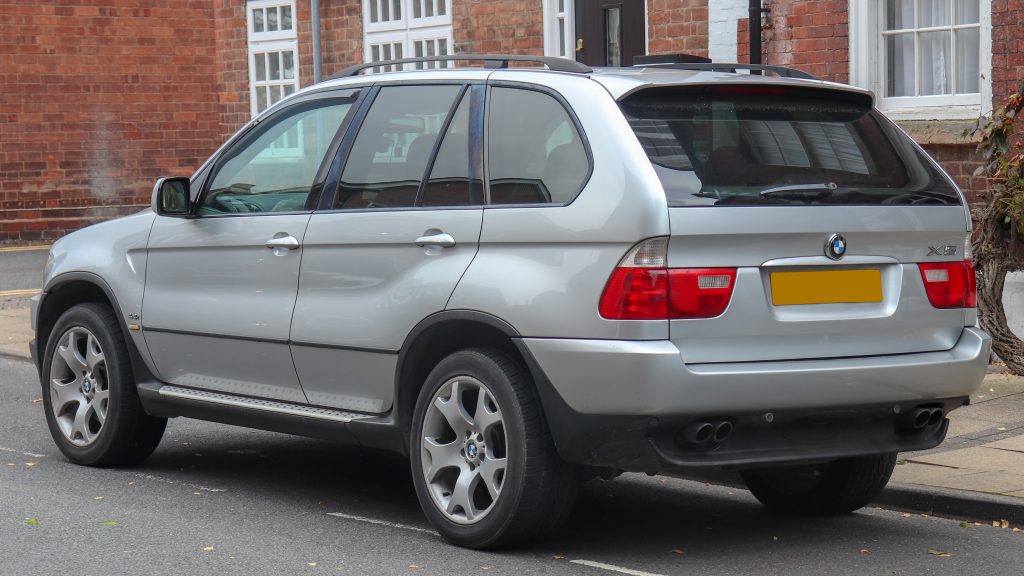
In June 2008, the Regional Court of Munich ruled in BMW’s favour, calling the CEO a copy of the X5, and banned its sale in Germany. But it did not mean the end of the road for the CEO in Europe. BMW lost a similar case in Italy that allowed the CEO’s sale in the region and central Europe.
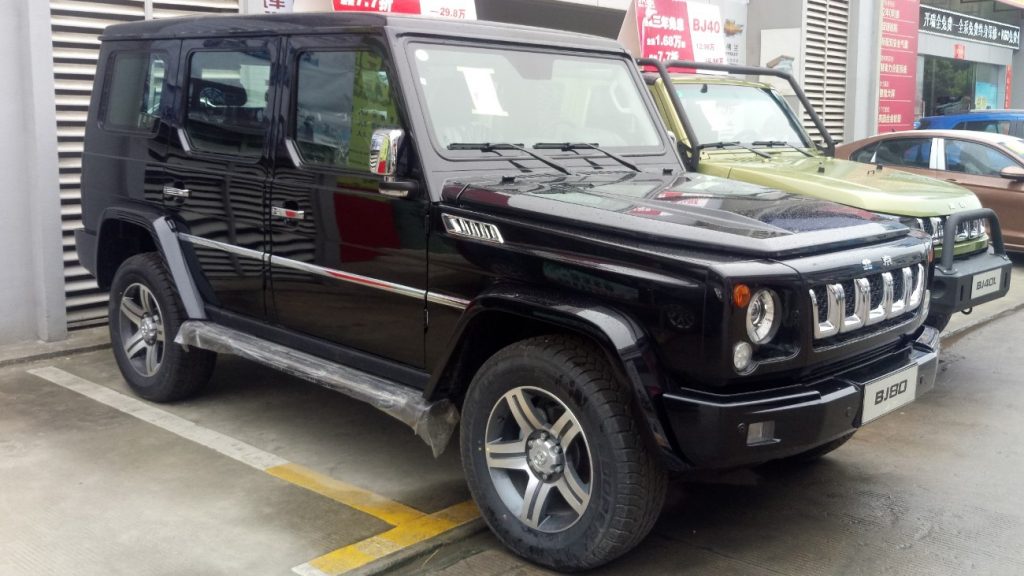
BAIC BJ80 (Mercedes-Benz G-Wagon Imitation)
Poking a stick at what can only be described as one of the most revered off-road icons of the current era – the Mercedes-Benz G-Wagon – can’t be a good idea, right? Well, one Chinese carmaker thought otherwise. The BJ80 is a four-wheel drive SUV made by BAIC Motor since November 2016, under Beijing Auto Works (BAW), a subsidiary of the Beijing Auto Industry Corporation (BAIC). The BJ80 is currently on sale in China, with prices ranging from $42,600 to $44,000). The BJ80 first emerged on the landscape as a bunch of spy shots in 2011. It debuted as a concept at the 2014 Beijing Auto Show and made its commercial debut as a production vehicle in November 2016.
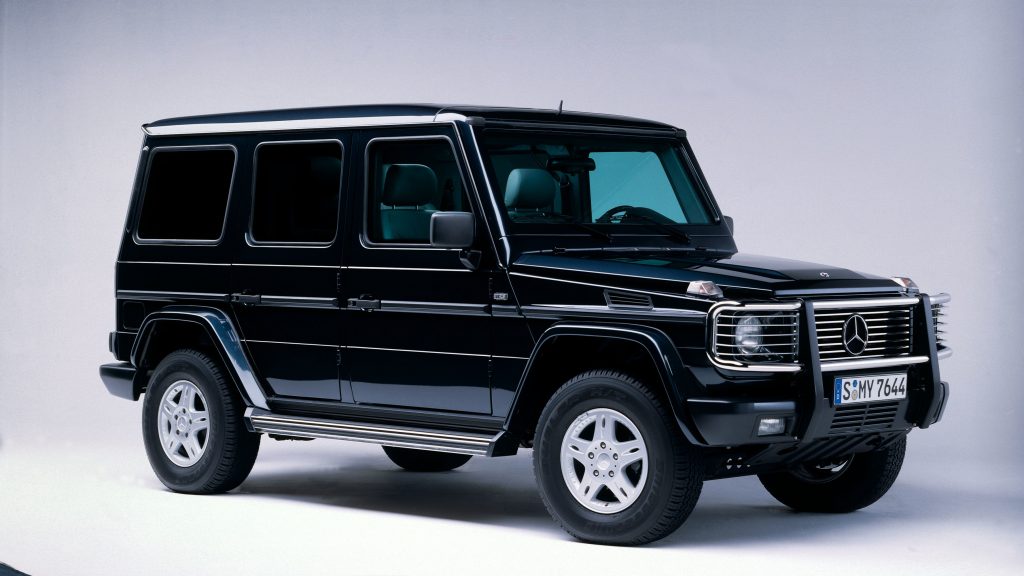
Controversy – was there one?
The BAIC BJ80 is a clear replica of the Mercedes-Benz G-Class. And why shouldn’t it be? After all, the BJ80 was also being developed for the Chinese military, the People’s Liberation Army (PLA). It was ‘modelled’ after one of the toughest off-roaders on the planet. But was there another reason behind this move? This is where the story gets interesting. Daimler (Mercedes’ parent firm) and BAIC Motor have been in a partnership since 2003. The latter also owns a 5% stake in Daimler and is also Mercedes-Benz’s joint-venture partner in China. So, despite Mercedes spokesperson Tobias Mueller taking to Instagram to express his displeasure at the BJ80, Mercedes-Benz probably had to turn a blind eye to the matter to preserve its partnership with BAIC Motor. Thus, it looks like the idea to go after the Mercedes G-Wagon indeed had a strategy behind it!

